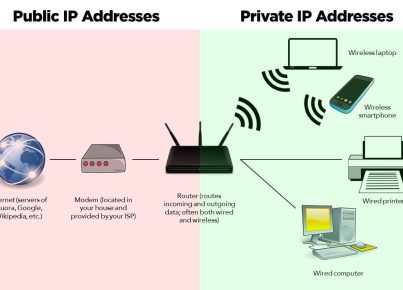Introduction
As new powers emerge and society evolves, it is crucial for organizations and individuals to adapt their behaviour policies accordingly. These shifts create a dynamic landscape that requires constant evaluation and revision of existing rules and norms in order to effectively navigate the ever-changing terrain. This article will discuss the importance of adapting behaviour policies to new powers, offering practical guidance on updating outdated frameworks, and exploring the consequences of failing to do so.
Understanding New Powers
New powers encompass technological advances, social developments, and political changes that can significantly influence the way people interact with each other and their environment. Examples of new powers include advancements in artificial intelligence, social media proliferation, shifting political climates, and progress in human rights movements.
These newfound abilities can create both opportunities and challenges for those affected by them, necessitating a proactive approach to adapt existing behaviour policies.
The Importance of Adapting Policies
Failure to revise behaviour policies as new powers emerge can result in a wide range of negative consequences. These may include legal repercussions due to non-compliance with updated regulations; public backlash for not addressing contemporary concerns; or internal discord due to ineffective guidelines that do not account for changed circumstances.
Conversely, organizations that successfully adapt their policies to accommodate new powers will bebetter equipped to:
1. Promote a positive work environment by responding promptly to employee concerns.
2. Foster innovation by embracing change and encouraging experimentation.
3. Build trust with customers by exhibiting responsiveness to evolving needs.
4. Display corporate responsibility by taking action on contemporary social and environmental issues.
5. Maintain a competitive edge in the marketplace by staying informed about industry trends.
Practical Steps for Adapting Behaviour Policies
To stay ahead of the curve while adapting your organization’s behaviour policies to new powers, followthese practical steps:
1. Conduct regular audits: Review your existing policies at least annually or anytime significant changes occur within your industry. Identify areas that may require modification to account for new realities.
2. Involve stakeholders: Garner input from employees, customers, and experts in the field to ensure that a range of perspectives are considered when updating policies. This will increase the likelihood of creating effective, practical guidelines that meet the needs of all parties involved.
3. Train staff: Enhance your team’s understanding of emerging trends and the rationale behind policy adjustments by providing regular training sessions and resources. This education will help employees embrace change and better navigate updated guidelines.
4. Monitor progress: Following policy implementation, monitor indicators of success such as employee satisfaction, customer feedback, and key performance metrics. Use this data to make necessary adjustments and fine-tune your approach moving forward.
5. Align policies with organizational values: Ensure your behaviour policies are not only well-adapted to new powers but also remain aligned with the mission, vision, and overall values of your organization.
Conclusion
Adapting behaviour policies to new powers is a critical aspect of maintaining organizational relevance and resilience in a rapidly evolving world. By implementing regular reviews, involving stakeholders, training staff, monitoring progress, and aligning policies with fundamental values, organizations can successfully navigate an ever-changing landscape while fostering positive work environments and maintaining competitive advantage.





